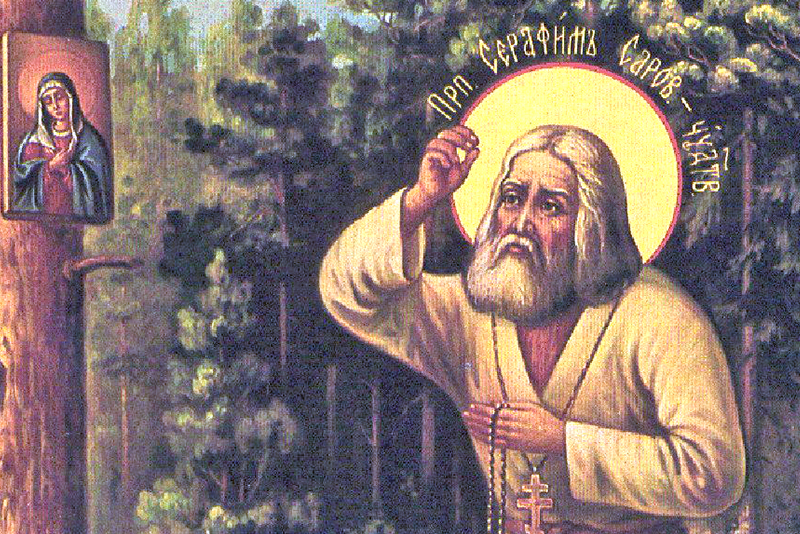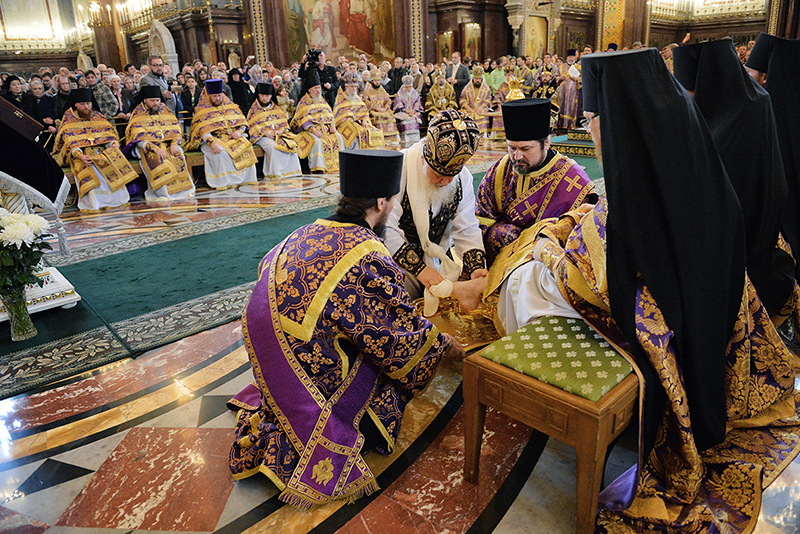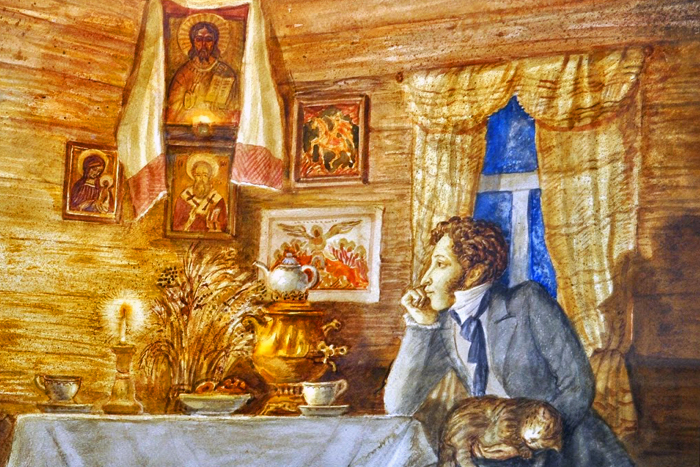
If a person constantly betrays and blackguards us, must we continue to associate with him?
In one of his sermons, St Nicholas Velimirovic notes, “What would human society be without forgiveness? A menagerie among nature’s wild beast show”. According to the holy fathers, forgiveness is the virtue that makes us similar to God, Who is Love. When the apostles asked the Savior if they were to forgive those sinning against them “as many as seven times”, He answered, “Not seven times, but, I tell you, seventy-seven times” (Matthew 18: 21-22). This means that one must always forgive, because without forgiveness, our heart, according to St Ephraim the Syrian, turns into barren soil in which the grain of the Christian faith can never sprout.
This reminds me of aт episode from a movie about World War II. It shows a boy who has suffered greatly from the Nazi atrocities, making his hair turn gray in literally a few days. Some time after, together with a group of partisans, he stumbles upon a devastated German convoy, where he finds a portrait of Hitler. Out of anger, he starts shooting at this portrait. While he is doing that, the camera shows Hitler’s face in the photo becoming younger with each shot, until we see a child in a crib. At this point, the boy, looking like an old man, stops shooting.
The above example shows very vividly the true sense of the word forgiveness. To forgive means to see in a person not in the moment of his betrayal or a sordid act, but in the state he was before he committed it. Forgiveness means seeing in a person not a sinner, but the image and likeness of God. This aspect of forgiveness can serve as a reminder for us when we are facing the choice between forgiving or condemning a person. Yes, from a human perspective, it is sometimes very difficult to forgive someone who has betrayed you, and continue to befriend such a person, as if nothing has happened. At the same time, we must remember the One Whose name we bear as a common noun. We are Christians, which means that we are followers of Christ. Let’s remember what Christ did when someone betrayed him. No, I don’t mean Judas, but another disciple, named Peter, who also betrayed his Teacher, but later repented and became the supreme apostle. Remembering Peter’s example, and, more importantly, the words and deeds of Christ Himself, we must also forgive and hope that those who sin against us will be corrected.
Andrey Muzolf, lecturer at the Kiev Theological Academy
Translated by The Catalogue of Good Deeds
Source: https://pravlife.org/ru/content/chto-znachit-prostit-0





I am a recovering emotionally abused man and as part of my recovery I have learned that I must forgive, but not forget. By forgiving I no longer waste time and energy wishing vengeance and/or harm to come to my abuser but I must protect myself against further abuse. The fist time I am abused it is the abuser’s fault. The second time it is the abuser’s and my fault because I allowed the abuser to put me in a vulnerable position. The third time it is solely my fault because I placed myself in a vulnerable. position. I must forgive, but not forget lest I give the abuser the opportunity to abuse me again.
God bless.
Forgiveness is the hardest for those who have been legitimately crushed and hurt, down to the soul, by the evil actions of others. Know that you are doing an excellent deed in embarking upon the journey to forgive someone who caused you so much pain. May God bless you in all that you do